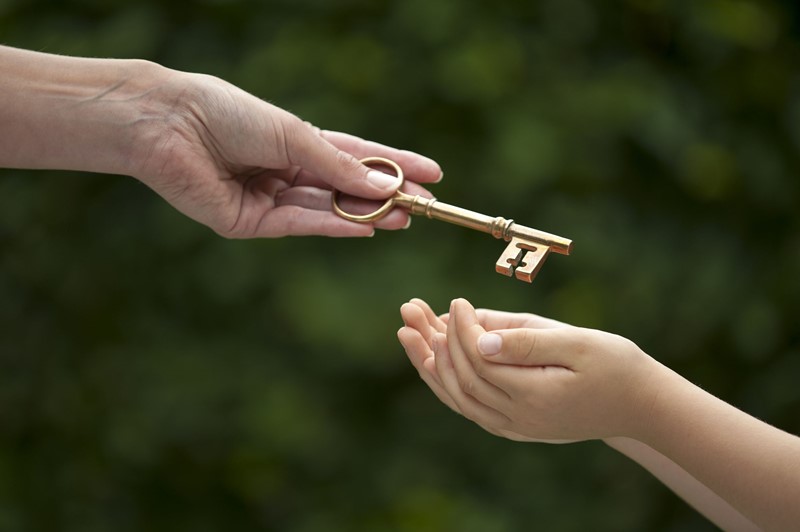When someone dies, their personal representative (executor or administrator) must value their estate to determine if Inheritance Tax (IHT) is due. This involves assessing assets, debts, and handling tax obligations throughout the estate’s administration period.
In order to ascertain whether or not IHT is due, the personal representative (an executor or administrator) of the deceased must value the deceased’s estate. This is done by calculating the total value of the assets and gifts of the deceased and deducting any debts.
However, the personal representative is also responsible for the assets from the date of death until the date everything has been passed on to the beneficiaries. This is known as the ‘administration period’. This may also include having to apply for probate.
There are also other tax chores that are required that include:
- paying any unpaid bills
- paying any unpaid personal taxes
- applying for tax refunds
- filling a self-assessment return for income the person earned before they died if needed
- repaying any overpaid benefits
If necessary, the personal representative also needs to pay tax on any new income the estate generates after the person has died and finally pay any IHT that is due.



